
OUR LEADERSHIP TEAM
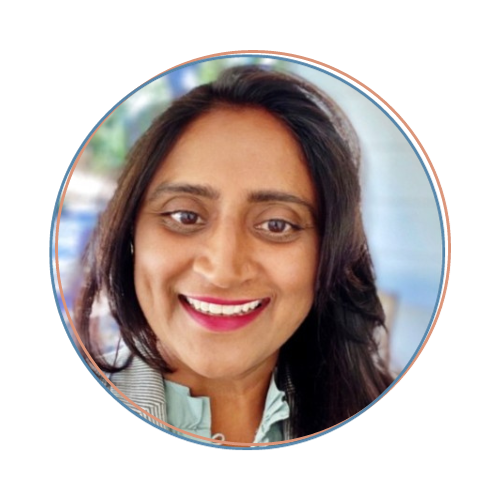
BOARD PRESIDENT
Hansa Patel is an attorney, mediator, and teacher. As an attorney, Hansa zealously advocated for abused and neglected children or defended their parents’ rights in the San Francisco juvenile dependency court for fourteen years. Hansa is passionate about serving the underprivileged community. Feeling depleted by the court system, Hansa explored new ways to empower her clients to resolve conflict. Mediation empowers Hansa’s clients to choose how they want to engage with conflict, co-create resolutions, and even transform a relationship. In the USA, Canada, and Africa, Hansa teaches mediation, including integrating mindfulness skills into conflict resolution. Hansa wants her clients to have the same tools she cultivates in her children: a mindful approach to resolving challenges in life.
“The understanding-based model has been invaluable, enabling me to effectively navigate personal conflicts while providing professional support to families in need. This approach has enhanced my self-awareness and empowered me to advocate for my own needs, thereby fostering healthier relationships. By promoting curiosity about the experiences of others, this model paves the way for enhanced mutual understanding and meaningful resolutions. My profound appreciation for the transformative power of the understanding-based model motivates my unwavering support for the Center for Understanding and its mission to train other conflict professionals. Expanding access to this invaluable resource can empower individuals from diverse backgrounds to navigate conflicts constructively and foster harmonious relationships within their communities.”
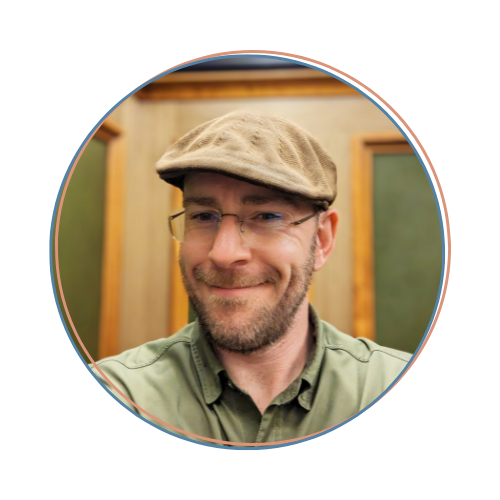
EXECUTIVE DIRECTOR
James Dykeman is a multi-skilled, high-performing professional passionate about supporting small nonprofit organizations part-time and through volunteering. He emphasizes strategic communications, leadership development, community outreach, and partnership identification to scale organizations toward full-time capacity and increase impact. Previous nonprofit service areas include supporting homeless and at-risk populations, raising awareness of international issues, immigrant and refugee advocacy, and access to the arts. He graduated with highest distinction from the University of Iowa with a BA in Journalism and Mass Communications and a certificate in Nonprofit Leadership and Philanthropy.
“Conflict is an inevitable part of life, impacting not only individuals but the organizations that serve them. Within nonprofit organizations, where resources are limited and the mission is paramount, conflicts can profoundly affect the internal team and the communities they serve. What’s essential is not avoiding conflict but understanding it. Through understanding-based conflict resolution, we empower individuals and groups to work through disagreements constructively. This approach not only fosters healthier relationships but also strengthens the capacity of nonprofits to fulfill their mission with integrity and collaboration.”
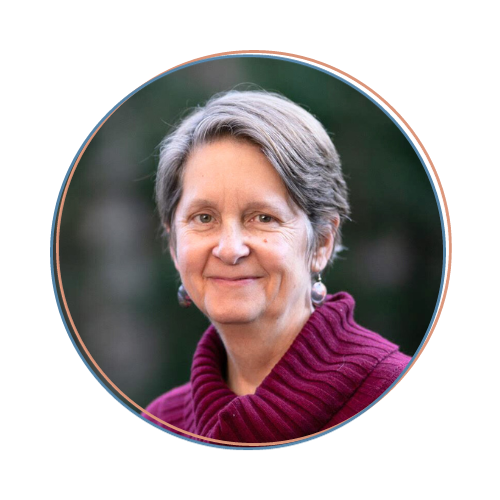
PROGRAM DIRECTOR
Catherine Conner is a mediator, collaborative attorney, a teacher at and a director on the board of the Center for Understanding in Conflict. Her practice focuses on family law alternate dispute resolution, including mediation, collaborative practice and private judging. She co-authored Collaborative Family Law Practice Materials. She was on the International Academy of Collaborative Professionals board of directors from 2008 through 2014 and was the President in 2013.
“I was lucky enough to take my first training at CUC forty years ago just a couple of years after I graduated from law school. The main beneficiaries of my years of learning about, using and teaching the Understanding-Based model are my clients, but it has also changed my relationships with other professionals, my colleagues, my students, my friends and my family. Helping people to work through conflict in an open-hearted curious manner changes not only the outcome of the conflict at hand, but also can change their future relationships with each other and others. My hope is to continue to bring this more constructive path through conflict to as many people around the world as possible.”

ASSISTANT PROGRAM DIRECTOR
Pat Lau has been a workplace mediator at Intel Corporation from 2010 to 2024. After his first conflict management class many years ago, Pat became fascinated with alternative ways to address and resolve workplace conflict, especially after discovering the understanding-based model. In 2013, he co-founded and for over ten years led Intel’s Collaborative Mediation Program. This in-house workplace mediation program helped resolve challenging conflicts among co-workers, peer managers, team members, supervisors, and subordinates.
Pat is a trainer at the CUC, has presented at numerous national conferences, published in the “Corporate Mediation Journal” and in the 2nd Edition of “Managing Conflict” by David Liddle. He regularly volunteers as a mediator for small claims cases for the Portland Multnomah County Circuit Court and is also Past Chair of the Oregon Mediation Association Workplace Special Interest Group. Pat’s previous career was in engineering, and he holds undergraduate and graduate degrees in engineering from Stanford and Southern Methodist University. Married with two daughters, Pat enjoys family vacations in Montana, cycling, coaching soccer and long walks with their two Newfoundlands.
“From the moment I started reading Challenging Conflict: Mediation Through Understanding many years ago, the insights deeply resonated with me. I immediately knew that I needed to learn more about the understanding-based model and this was the approach that I wanted to use in my future work with conflict transformation. I also knew that this model was totally consistent with what was needed to address workplace conflicts. It has been and continues to be an amazing journey of self learning and growth.”
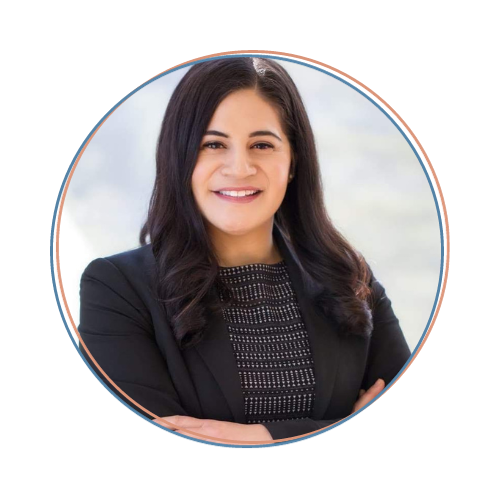
TREASURER
Juliana Yanez is a family law attorney in Silicon Valley and San Francisco. Juliana started her legal career as a business litigator. Juliana transitioned into family law in order to help families navigate difficult transitions. Juliana also served as a registered Indiana domestic relations mediator where she mediated child custody disputes. She is also an active member of SF La Raza lawyers and also serves on the board of La Raza Centro Legal, San Francisco.
“The understanding-based model of mediation is transformative. The model has a keen way of encouraging open communication and facilitating a greater awareness of each other’s needs and objectives through a process that helps parties listen to one another and break through common roadblocks in conflict. I am particularly supportive of the Center for Understanding in Conflict and its mission because its approach aims to preserve, and often strengthen, some of life’s most precious relationships, whether they are familial, workplace-related, or otherwise.”
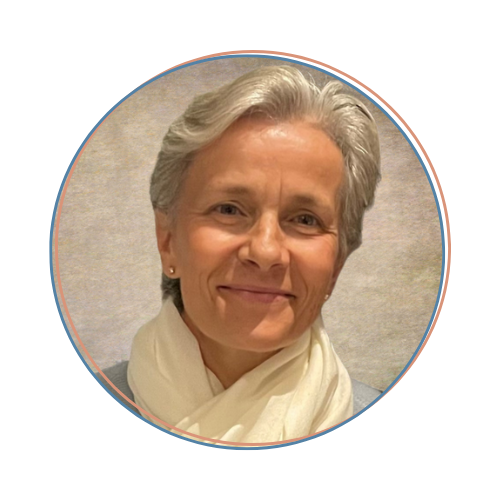
SECRETARY
Antoinette Delruelle has been a mediator since 2009 and an attorney since 1994. Before starting the Mediation Project in 2013, she was a senior attorney in NYLAG’s Matrimonial & Family Law Unit of which she also served as director from 2001 to 2004. She has taught mediation to legal services attorneys and court staff professionals and has participated as a teaching assistant at mediation trainings of the Center for Understanding in Conflict. She is has been a mediator for the New York City Family Court Mediation Program since 2013, on the rosters of the Kings and New York County Supreme Court Pilot Mediation Programs their inception. She was the president of the Family and Divorce Mediation Council of Greater New York from 2014 to 2016 and is currently on the board of the Center for Understanding in Conflict. She is a member of the state-wide ADR Advisory Committee formed by Chief Judge DiFiore in April 2018 to give her recommendations on how to increase the use of ADR in the NYS court system.
“The CUC model means connecting through honest, open—and at times challenging—communication with my clients, colleagues, friends, and family. It also teaches me to dive into my own feelings, which inevitably color all of these interactions. The CUC model also connected me to a community of amazing mediators, mentors, and friends. By being on the board, I hope to give back to this community a small measure of what I received.”
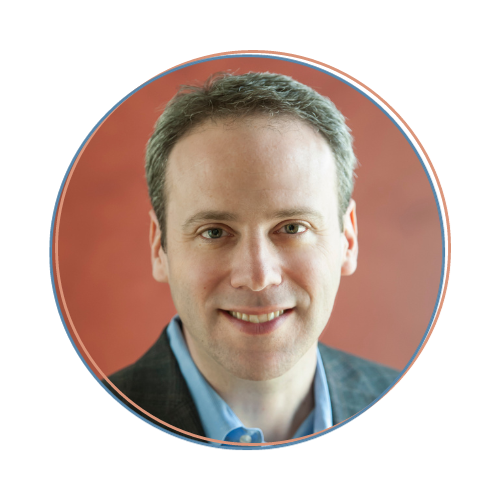
BOARD MEMBER
Ivan Alter is a collaborative attorney and mediator with offices in Westchester County and New York City. Practicing law since 1994, Ivan previously had a career as a commercial and matrimonial litigator before discovering the understanding-based model at the CUC. Since then, Ivan has focused all of his professional energies on practicing, promoting, and teaching mediation and collaborative law. He is member of the New York Association of Collaborative Professionals, the Family and Divorce Mediation Council, the International Academy of Collaborative Professionals, and Northern Westchester Collaborative Divorce.
“Having a front-row seat to so many bitter disputes throughout my early career underscored how ineffective and unsatisfying the traditional, adversarial conflict resolution system is for most people. When I learned about the understanding-based model, I marveled at its simplicity and elegance but doubted that it could actually work. However, as I practiced the model, I learned how powerful and transformative it could be. When parties in conflict are empowered to stop advocating long enough to focus on increasing understanding, the entire nature of the discussion changes. Finding a resolution to difficult problems suddenly becomes possible. People want to find their way through conflict. Understanding can provide them with the opening they need.”
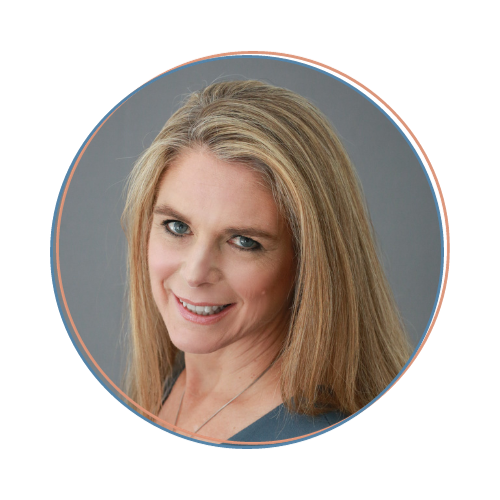
BOARD MEMBER
Katherine Eisold Miller is a Collaborative Lawyer and mediator with a practice located in Westchester County, NY, and New York City. Katherine is the immediate past president of the Center for Understanding in Conflict, as well as the New York Association of Collaborative Professionals. Katherine is the author of the New Yorker’s Guide to Collaborative Divorce (2015) and co-author of the #1 Amazon bestseller A Cup of Coffee with 10 of the Top Divorce Attorneys in the United States (2014).
“The understanding-based model of conflict resolution changed my life when I discovered that there was a way to resolve conflict that is kind-hearted and constructive rather than competitive and destructive. I have loved sharing this transformative approach with others over the years, helping them find peaceful and collaborative solutions to their most difficult challenges.”
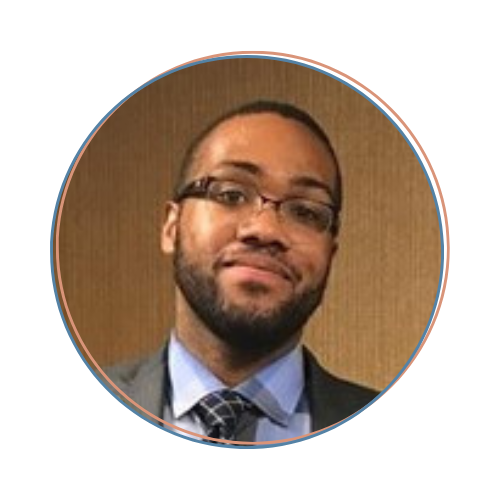
BOARD MEMBER
Adam King holds a Bachelor’s degree in Political Science from SUNY Oswego and a Master’s degree In Political Science from Syracuse University, where he also completed an advanced certificate in conflict resolution. He received his law degree from the Syracuse University College of Law in May 2020, where he focused on corporate governance and compliance. Adam is a Compliance Auditor for Loretto, a non-profit eldercare organization in central New York. Adam’s commitment to promoting peace and understanding extends beyond his professional endeavors. He volunteers his time to support community initiatives to address social inequalities and encourage dialogue among diverse groups. His advocacy for inclusivity and collaboration has made a lasting impact on communities, both locally and globally. He serves as an Arbitrator for FINRA, the regulatory agency responsible for broker-dealer/consumer relations. He focuses his practice on community facilitation, ranging from intercultural dialogue exchange with college students globally to community dialogues regarding community and police interactions. In his recreational time, he enjoys hiking, running, reading, and spending time with his family.
“Listen to understand, not to respond.’ The first step in the loop of understanding is to understand what the other person is saying. The only way this can be accomplished is to prioritize the thoughts and feelings of the person you are listening to. I find this approach effective in business and in my personal life. A central theme of conflict is a feeling of disempowerment and lack of understanding. Listening and demonstrating a genuine effort to understand make the path to overcoming conflict navigable.”

BOARD MEMBER
Carsten Pöschl, SAP’s Global Ombudsperson, and his team are the first port of call for the company’s 100,000 employees when it comes to the confidential handling of work-related complaints and conflict situations. Before he became Global Ombudsperson, Carsten spent several years at SAP working in strategic HR roles and, before that, led international teams in the areas of Sales and Consulting. Carsten Pöschl is a qualified conflict resolution expert, mediator, coach, and mindfulness trainer with more than 15 years of management experience. His original studies include degrees in Industrial Engineering and Business Administration from the Technical University of Darmstadt, Germany, the Royal Institute of Technology and the Stockholm School of Economics in Stockholm, Sweden.
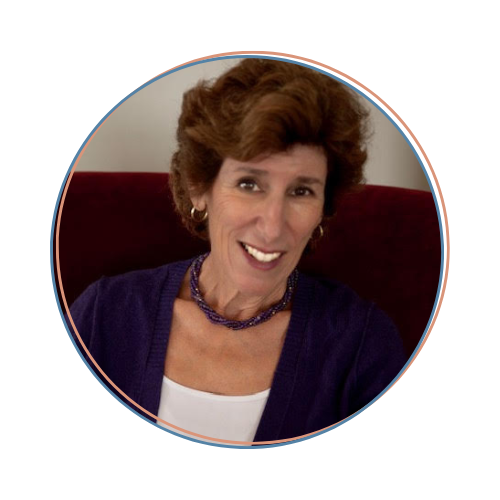
BOARD MEMBER
Barbara Rothberg is a family and couple therapist, mediator and parent coordinator. She has been in private practice for 40 years, completing mediation training in 2007. She has additional training in elder mediation and child inclusive mediation. She has taught graduate couple therapy courses at both NYU and Hunter Schools of Social Work for 20 years and has lead numerous seminars and workshops on couple, family therapy and LGBT issues at conferences throughout the years. Barbara is a member of NYACP, NYSCDM, AFCC and FDMC where she is a Board member. She is also on the Advisory Boards of FamilyKind and The Gender Project at Ackerman Institute. She aims to help couples resolve their relationships with dignity, in whatever from that takes.
“I have been working with conflict for my entire career as a family and couple therapist, mediator, and parent coordinator. Throughout the years, I’ve had many trainings. I have to say that the CUC training has been one of the most valuable ones. The understanding-based model informs my work as a therapist and mediator. The approach helps clients better understand one another and step back from an adversarial stance, ideally arriving at a mutually satisfying conclusion. The understanding-based model has become a way of life in my professional and personal relationships.”
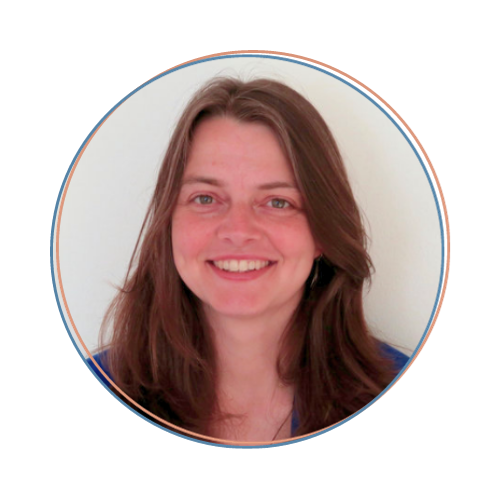
BOARD MEMBER
Melanie Rowen is a mediator and conflict coach who believes in the power of understanding-based conflict resolution to transform our world. She frequently trains individuals and groups on effective communication in conflict situations and on creating inclusive environments, particularly around gender, sexual orientation, and disability. Melanie previously litigated civil rights cases, including marriage equality, employment discrimination, issues involving transgender and gender non-conforming youth and their families, and issues facing LGBTQ+ elders, at the National Center for Lesbian Rights, and served on the Board of Directors of the Transgender Law Center. Earlier in her career, she worked in business litigation at Latham & Watkins LLP, and for many years, she was the Associate Director for Public Interest Programs at UC Berkeley School of Law. Melanie currently works in attorney professional development at the Bay Area offices of a large law firm, and is a member of the Board of Directors for the National Association for Law Placement.

BOARD MEMBER
Earl Simms is the co-founder and Executive Director of Restorative Community Solutions. He is a Certified Community Care Coach and Mediator with 10 years experience in direct service, nonprofit leadership and policy advocacy in the area of criminal justice reform and alternatives to incarceration. Earl was a member of the Safety and Justice Challenge through the MacArthur Foundation. He currently consults with San Francisco’s Department of Homelessness and Supportive Housing where he leads the Just Home initiative, focused on finding alternatives to incarceration, reducing the jail population and reducing disparities in the system.
“As someone who has experienced and caused significant conflict in my lifetime, learning accountability has profoundly shaped my understanding of the ripple effects of unbalanced decisions made after conflict. When agreements are perceived as unfair, they can foster resentments that perpetuate even more conflictand harm.
The CUC model offers a restorative approach to these conflicts, promoting mutually beneficial outcomes that foster healing. As an advocate, I am always seeking alternatives to traditional prosecution and view mediation as a way to avoid reliance on a historically punitive system. The CUC model is a perfect way to reduce the systemic harm caused by the court or policies as the resolution can happen outside of the court.
I am excited to be part of a body that can guide and sustain the course of healing, benefiting both the mediator and those who go through the mediation process.”

BOARD MEMBER
Lisa Taubenblat is a psychotherapist in private practice in New York City. She focuses on supporting couples and adult family members in resolving conflict and strengthening connection. This family dynamic lens informs her role as a divorce and family mediator. She has worked for over 20 years in community mental health clinics serving low-income populations, including seniors, immigrants, and LGBTQ+ individuals. She has a background in non-profit and foundation settings in the areas of education and public health. She is an active member of the Women’s Mental Health Consortium, the NYS Society for Clinical Social Work, and the Academy of Professional Family Mediators. Lisa has an MSW from NYU Silver School of Social Work and training from Ackerman Institute for the Family.
“For me, CUC’s model of understanding is about pausing, slowing down, and listening. As a couples and family therapist, I encourage these skills and strategies to shift patterns in relationship dynamics. Self-awareness and emotional regulation in the context of intense interactions build empathy. CUC’s mission mirrors this in training, consulting, and community building. Couples in mediation can be supported by clarifying a mutual intention that serves the well-being of individuals and families despite conflictual emotional histories. The CUC approach takes practice and older, ingrained behavior will happen. Discussions can always be revisited when there is an openness to change. This flexibility challenges breakdowns in communication and instills hope that processing difficult conflict can strengthen relationships.”